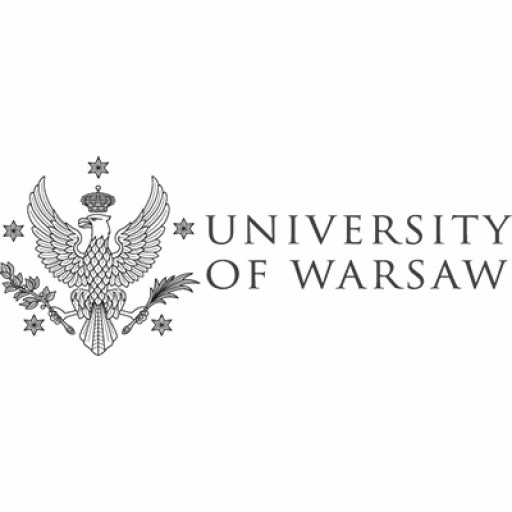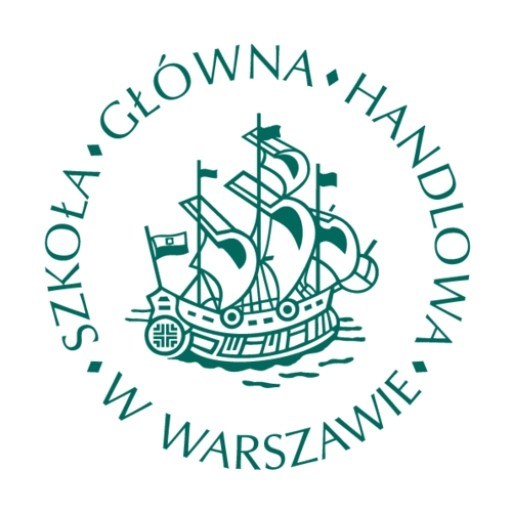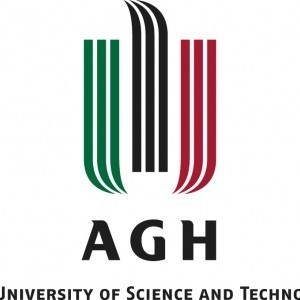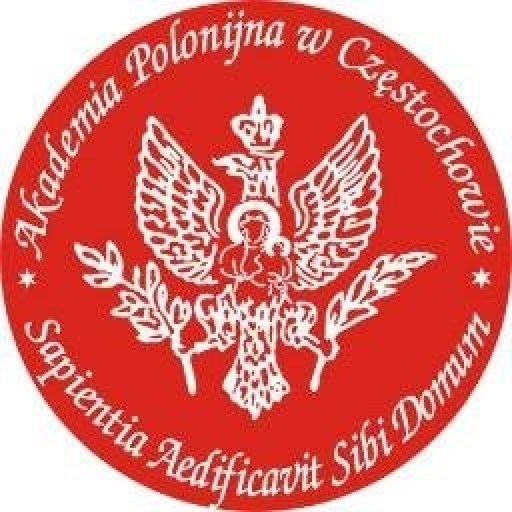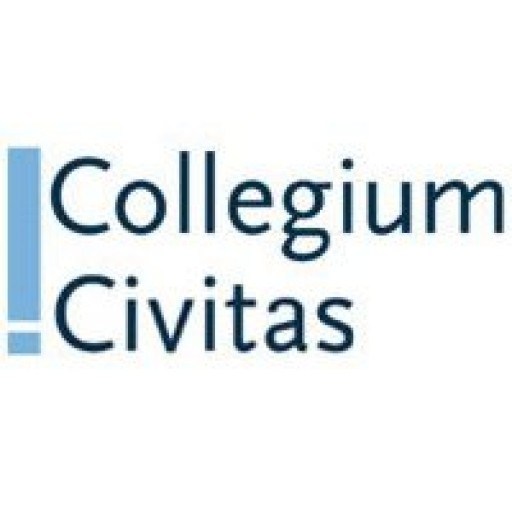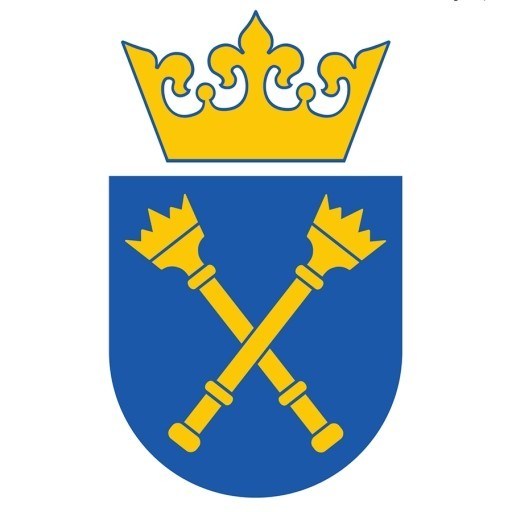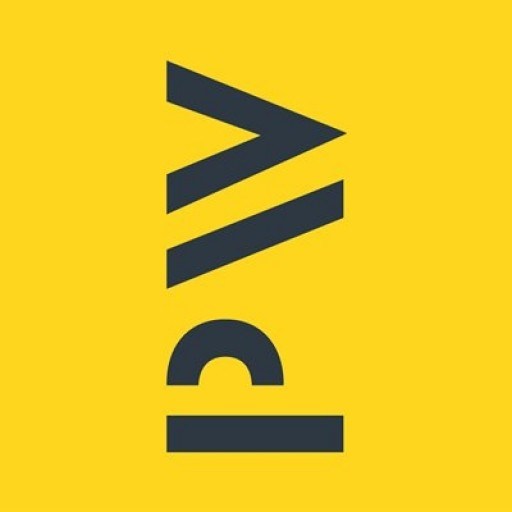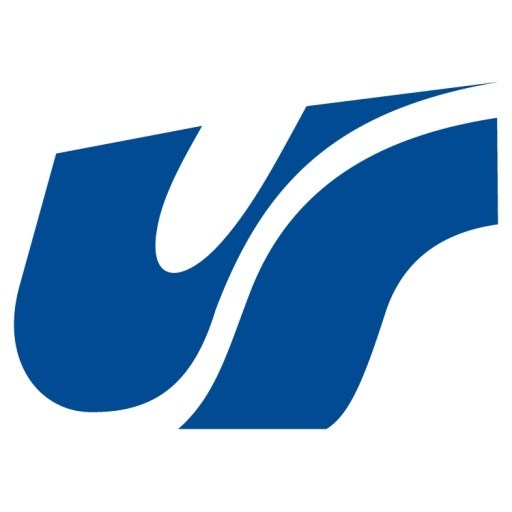Photos of university / #uniwersytetwarszawski
The Archaeology program at the University of Warsaw offers students a comprehensive education in the study of human history and prehistory through the analysis of material remains. This multidisciplinary course provides a solid foundation in archaeological methods, cultural heritage management, and anthropological theories, equipping graduates with the skills necessary for research, conservation, and interpretation of archaeological sites and artifacts. Throughout the program, students gain expertise in excavation techniques, laboratory analysis, and archaeological documentation, enabling them to conduct independent fieldwork and contribute to scholarly research.
The curriculum covers a broad spectrum of topics, including ancient civilizations, archaeological stratigraphy, scientific dating methods, and the socio-cultural context of past societies. Specializations may include Prehistory, Classical Archaeology, and European Archaeology, allowing students to tailor their education to their interests and career goals. The program emphasizes fieldwork experience, often providing opportunities for internships and participation in archaeological excavations both in Poland and abroad, fostering practical skills and professional networking.
Faculty members are renowned scholars and experienced practitioners in archaeology and related disciplines, offering mentorship and guidance. The program also integrates contemporary technologies such as Geographic Information Systems (GIS), 3D modeling, and diagnostic imaging, aligning students' skills with current industry standards. Graduates of the Archaeology program at the University of Warsaw are well-prepared for careers in cultural resource management, museum curation, academic research, and archaeological consultancy. Additionally, the program supports students interested in pursuing postgraduate studies or specialization courses in archaeology and heritage conservation.
Overall, the Archaeology program at the University of Warsaw is dedicated to fostering analytical, methodological, and theoretical expertise, enabling students to contribute meaningfully to the preservation and understanding of human history through archaeological science.
1st year
- Introduction to Archaeology - Lecture, 60 hrs (5 ECTS)
- Archaeology of Egypt - Lecture and Classes, 120 hrs (8 ECTS)
- Archaeology of the Ancient Near East - Lecture and Classes 120 hrs (8 ECTS)
- Outline of Prehistoric Archaeology - Lecture, 60 hrs (5 ECTS)
- Excavation Methods - Classes, 60 hrs (4 ECTS)
- Archaeological Surveying - 30 hrs (2 ECTS)
- Ancient history — Egypt and Near East - Lecture, 60 hrs (4 ECTS)
- General Humanities Lecture - Lecture, 60 hrs (3 ECTS)
- Intellectual Property Protection - Seminar 4 hrs (0,5 ECTS)
- Occupational Health and Safety - Semianr, 4 hrs (0,5 ECTS)
- Excavations - 300 hrs (20 ECTS)
2nd year
- Archaeology of Rome and the Roman Provinces - Lecture and Classes, 120 hrs (8 ECTS)
- Archaeology of Greece - Lecture and Classes, 120 hrs (8 ECTS)
- Techniques of Data Acquisition and Processing - Seminar, 30 hrs (2 ECTS)
- Photography and Drawing of Artefacts - Classes, 60 hrs (4 ECTS)
- Museology, Conservation and Popularisation of Archaeology - Lecture and Classes, 60 hrs (4 ECTS)
- Outline of Archaeology of the Americas - Lecture, 60 hrs (5 ECTS)
- Physical Education - 60 hrs (1 ECTS)
- History of Ancient Greece and Rome- Lecture, 60 hrs (5 ECTS)
- Archaeological Documentation Methods - Classes, 60 hrs (4 ECTS)
- Epigraphy / Ancient Language - Seminar, 60 hrs (4 ECTS)
- Modern Language- Seminar, 60 hrs (2 ECTS)
- OGUN (General University Class) - 60 hrs (3 ECTS)
- Excavations- 150 hrs (10 ECTS)
3rd year
- I Proseminar - Proseminar, 60 hrs (6 ECTS)
- II Proseminar - Proseminar, 60 hrs (6 ECTS)
- III Proseminar (Supplementary Proseminar) - Proseminar, 60 hrs (6 ECTS)
- Methodology of Archaeology - Classes, 60 hrs, (4 ects)
- Optional classes- 90 hrs (6 ECTS)
- Supplementary lecture (OGUN) - 60 hrs (3 ECTS)
- Epigraphy / Ancient Language - Seminar, 60 hrs (4 ECTS)
- Modern Language - Seminar, 60 hrs (2 ECTS)
- Modern Language II - Seminar, Exam 60 hrs (4 ECTS)
- Physical Education - 60 hrs (1 ECTS)
- Excavations - 150 hrs (10 ECTS)
- BA Dissertation - (12 ECTS)
- In case of application to first (BA) or long-cycle (MA) studies – the original of secondary school (maturity) certificate or another document (with a full list of final grades), entitling to undertake university-level study in country in which the certificate / document was issued
- a legalisation / authorisation of above-mentioned documents (or apostille if the document was issued by an institution operating in the educational system in a country that was a member of the Hague Convention of 5th of October, 1961 abolishing the requirement of legalizing foreign official documents)
- a document stating that the certificate / diploma entitles to undertake or continue university-level study in country in which the certificate / diploma was issued (such proof should be issued or certified by the school or educational institution which issued the certificate / diploma or by educational authorities of the country which issued the certificate / diploma or in which system of education the school operates)
- original sworn translations into Polish language (or English language if a candidate undertakes studies provided in English) of all the documents listed above, made by a Polish (English) sworn translator (a list of sworn translators at the website of Ministry of Justice), or a sworn translator registered in any of EU, EFTA or OECD country, or a Polish consul in the country where the documents were issued, or an embassy or consulate of the country which issued the documents or in which educational system the school operates located on the territory of Poland
- a certificate of recognition (nostrification) of secondary school (maturity) certificate / higher education diploma, if applicable [read more]
- an application for admission printed out from candidate’s individual registration account in theCandidate’s Registration System and signed up by the candidate
- a photocopy of an id (passport’s personal data page and page with visa). A copy must be certified by the UW upon your arrival to Poland
- a colour photo (such requirements as for passport photo)
- an application for issuing student’s id printed out from candidate’s individual registration account in theCandidate’s Registration System (it is necessary to attach a digital photo first)
- a proof of student’s id payment (17 PLN); in case of foreign nationals residing abroad who can not make the transfer, proof of payment for the student’s id can be delivered upon arrival to Poland
- if need be, the proof of candidate’s right to be admitted on the same rules as applicable to Polish citizens (for example: residence permit, Card of the Pole, etc.)
- if applicable, a health certificate stating that there are no objections to undertake studies by a foreign candidate (if the health certificate was issued in a foreign language, a sworn translation into Polish language)
- a certificate of proficiency in English (equivalent at least to the level B2) /in the case of a proper diploma, a language certificate is not required
- An additonal a fee of 200 Euro is required as part of the first year tution fee.
Foreigners can study at BA, MA / MSc / LLM, MBA, PhD level on various financial terms:
- as the Republic of Poland or foreign governments grant holders (check also: Ministry of Science and Higher Education)
- as the University of Warsaw grant holders (e.g. as exchange students on the basis of bilateral agreements)
- as students of Erasmus partner institutions/ Erasmus Mundus External Cooperation Window institutions (with a scholarship)
The Archaeology programme at the University of Warsaw offers students a comprehensive education that combines theoretical knowledge with practical skills in the field of archaeological research. The curriculum covers a wide range of topics, including prehistoric archaeology, classical archaeology, medieval archaeology, and contemporary archaeological methods. Students gain expertise in excavation techniques, laboratory analysis, architectural studies, and heritage management. The program emphasizes interdisciplinary approaches, integrating history, anthropology, archaeology, and conservation science to prepare graduates for diverse careers in academia, cultural heritage institutions, museums, and archaeological consultancy firms.
Throughout the course, students have the opportunity to participate in numerous fieldwork projects and excavations organized by the university, both within Poland and internationally. These practical experiences are complemented by lectures led by renowned experts in the archaeology field, offering insights into current research trends, technological advancements such as GIS and 3D imaging, and ethical considerations in archaeology. The faculty includes experienced archaeologists, historians, and specialists in conservation who are actively involved in ongoing research projects.
The university also maintains collaborations with museums, other academic institutions, and archaeological societies, providing students with internships and networking opportunities. Graduates of the programme are equipped with analytical, research, and communication skills necessary to interpret archaeological findings, prepare scholarly publications, and contribute to cultural heritage preservation. The degree can lead to careers in archaeological research, cultural resource management, heritage policy development, or further academic pursuits such as doctoral studies. The programme is designed to foster critical thinking, teamwork, and independent research capabilities, ensuring students are well-prepared for the challenges of professional archaeology in Poland and beyond.
